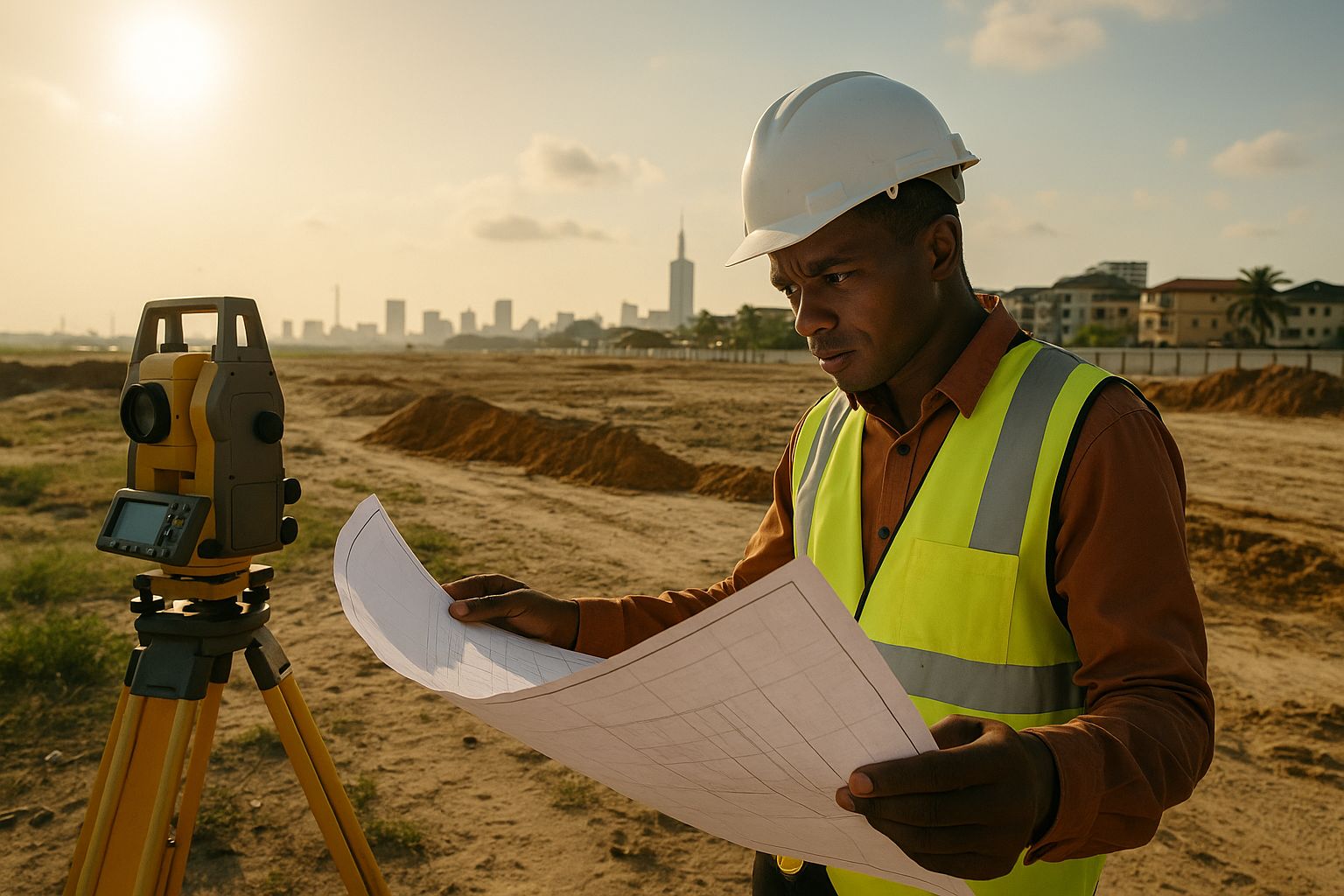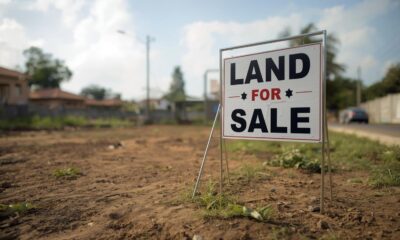Features
Dennis Isong: C of O vs Excision vs Gazette; Understanding Land Titles in Lagos

If you’ve ever tried to buy land in Lagos, you know it’s not just about finding a plot, paying for it, and starting construction. A common question you’ll encounter from agents, landowners, and government officials is, “What title does the land have?” This question marks the beginning of a more detailed conversation. Among the most common land titles you’ll come across in Lagos are Certificate of Occupancy (C of O), excision, and gazette. These land titles are often misunderstood, and many people do not fully grasp their meanings, differences, or significance.
What is a C of O?
The certificate of Occupancy is one of the most well-known land titles in Lagos and across Nigeria. When a land has a C of O, it means the government has officially recognised that person (or entity) as the legal owner of the land for 99 years. Technically, land in Nigeria is not “owned” forever; it’s leased from the government for up to 99 years.
But why is a C of O such a big deal?
It offers a level of legal protection and certainty. If you buy land with a C of O, you are buying from someone who has been recognised by the Lagos State Government as the legal occupant of that land. It means the land has passed through some level of government verification.
However, having a C of O doesn’t always mean the land is 100 per cent trouble-free. If the C of O was obtained on land that was previously under dispute or already committed (for example, earmarked for a public project), issues can still arise. So even with a C of O, due diligence is key.
What is Excision?
To understand excision, you need to go back in time, to when the government took over all land in Nigeria after the Land Use Act of 1978. Before that law, different families, communities and traditional rulers owned lands. But when the Act came into effect, all land automatically became the property of the government.
To balance things out, the government created a way to return part of the land to the original owners, which is called excision. When land has been excised, it means the government has officially released it to the community or family it originally belonged. This is good news for buyers because the excised land is no longer under government acquisition. However, just saying “the land has been excised” isn’t enough. You need to confirm whether it has been officially recorded in a Gazette.
What is a Gazette?
A Gazette is like a government diary. It’s where the government officially publishes important updates, including which lands have been excised to which communities. So, if a land is in a gazette, it means the excision process has been completed and publicly recorded.
When people say “this land is in the Gazette,” they mean it’s safe because the government has released it to the original owners and has documented that fact. Gazette is not a land title you own like a C of O. It is rather a document that proves a land has been excised. It is strong proof of legitimacy, but not the final legal title. The community can take that Gazette and apply for a C of O to make it even stronger.
Which One Should You Buy?
This is where many land buyers get confused. Should you only buy land with a C of O, or is excision or gazette land still safe?
All three are safe if proper due diligence is done. Land with a valid C of O is generally the safest, most straightforward to verify, and best for long-term investment. But because it’s expensive, properties with it often cost more. Land with excision in the gazette is also quite safe, if the excision has been properly published and not just a verbal claim from the seller. Many estates in Lagos are built on gazetted excised lands, and they function just fine.
Where you need to be very careful is land that the owner claims has excision, but there’s no gazette yet, or the excision is “in progress.” That’s not enough. You could be buying land still under government acquisition, which could be reclaimed later. So, whatever the title—C of O, excision, or gazette—don’t just take the seller’s word for it. Consult a surveyor, a lawyer, and if possible, check directly with the Lagos State Land Registry. What’s on paper matters more than what’s being said.
Lagos is expanding fast. From Ibeju-Lekki to Epe, Ikorodu to Badagry, land is being snapped up like hot puff-puff. But with that rush comes a higher risk of buying into the wrong property. Government demolitions, legal disputes, and estate shutdowns have become common headlines.
Understanding these differences is necessary. It’s not just about owning land. It’s about sleeping well at night, knowing you won’t wake up to find bulldozers on your property. That peace of mind comes from understanding what you’re buying and making sure your title is solid.
So, take your time. Ask the right questions. Don’t just ask if the land has a title, ask what kind of title, and follow through with verification. A smart investor isn’t just someone who finds cheap land. A smart investor is someone who knows the different land titles and makes decisions based on facts. Lagos will keep growing. Land will keep appreciating. But the land that appreciates best is the one that won’t get you into trouble.




















